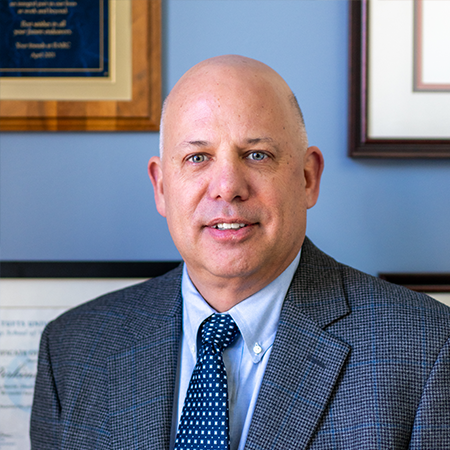Tufts Comparative Medicine Services (CMS) has a storied history rooted in the evolution of animal research standards and innovation. Originally founded as the Department of Laboratory Animal Management, CMS transitioned to its current name in 2019, reflecting a commitment to providing comprehensive support for academic and industry clients. CMS is proud to operate within Tufts University's animal care program, which has held the nation’s longest continuous AAALAC accreditation since 1966—a testament to our unwavering dedication to animal welfare.
Animal research has long been integral to scientific discovery, with pivotal advancements shaping its framework over the years. The passage of the Animal Welfare Act (AWA) in 1966—the same year as Tufts’ first AAALAC accreditation—marked a transformative moment for animal care standards in the U.S., establishing minimum care requirements for research animals. Later, the Public Health Service (PHS) Policy on Humane Care and Use of Laboratory Animals in 1985 further strengthened ethical oversight and introduced the Institutional Animal Care and Use Committee (IACUC) system, which remains critical to today’s research practices.
Over the decades, CMS has grown alongside these advancements. In 2019, we absorbed the Surgical and Interventional Research Laboratories (SIRL) from Tufts Medical Center, enhancing our surgical and interventional expertise. The reorganization of Rodent Breeding and Technical Services into Preclinical Services in 2021 bolstered our ability to serve external clients. That same year, CMS launched the Preclinical Imaging Center (PIC) and further expanded in 2024 with the opening of the Zebrafish and Aquatics Core (ZAC), broadening our reach to support cutting-edge aquatic model research.
CMS remains dedicated to advancing scientific discovery by adhering to ethical principles and regulatory standards while maintaining our legacy of excellence in preclinical research. By blending a historic commitment to animal welfare with forward-thinking innovation, we are proud to play a vital role in shaping the future of biomedical research.




